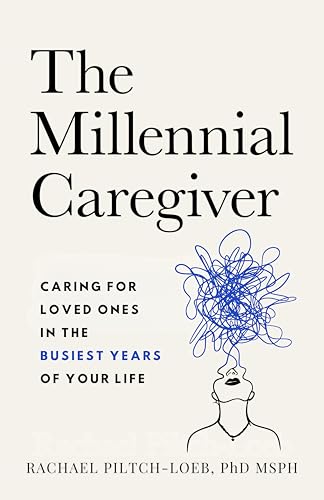"You’re doing two full-time, emotional jobs" – 3 women share their 'sandwich carer' experiences
Balancing caring for parents and children with looking after yourself is a lot to take on – we spoke to women doing just that, and got their advice for others

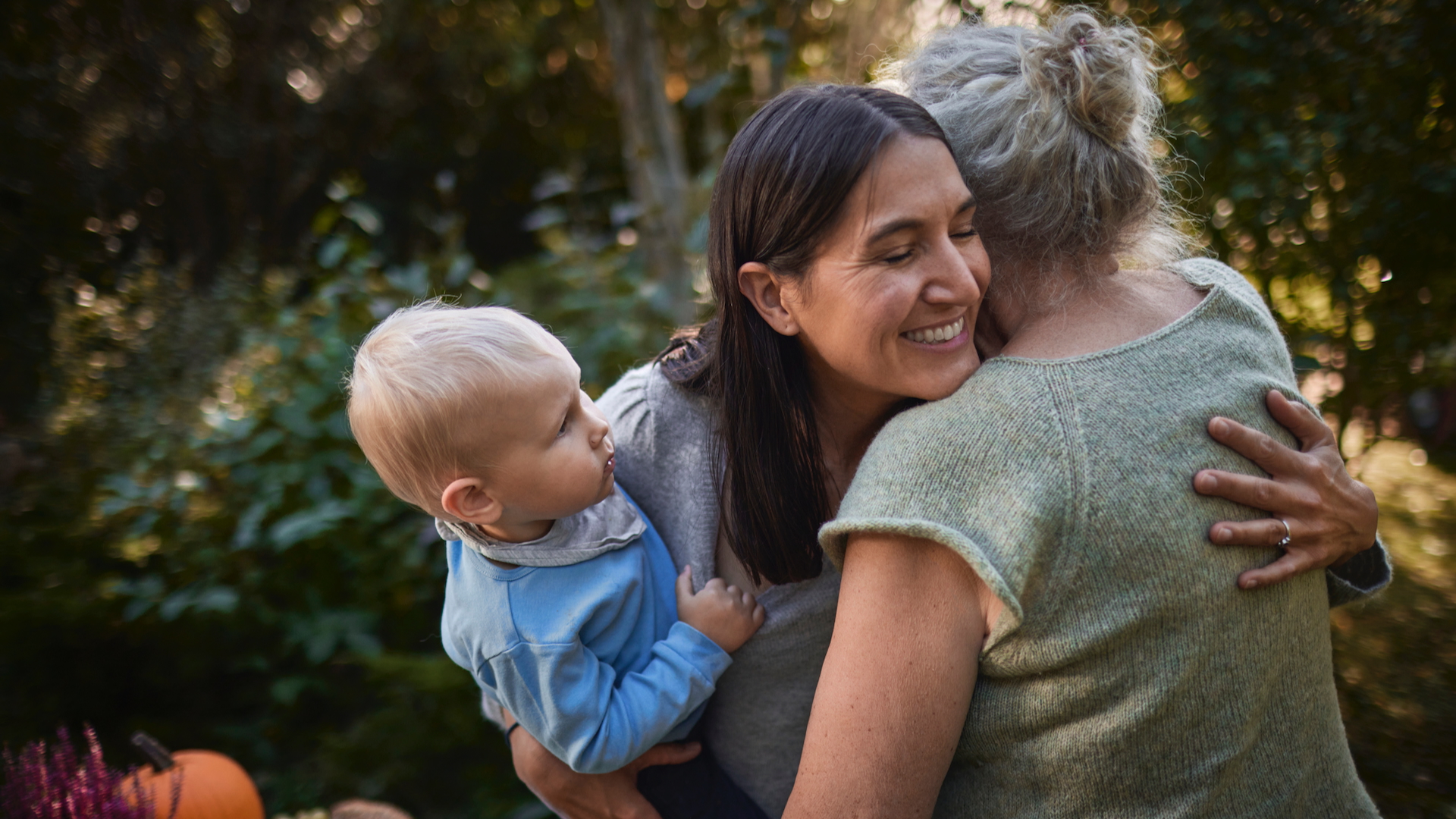
With ageing populations globally, the ‘Sandwich generation’ is growing rapidly. It’s estimated that 1.4 million adults in the UK and 11 million in the US, the majority of whom are women aged 35-64, spend many hours a week juggling the needs of family members at both ends of the age spectrum.
Balancing these dual caregiving roles alongside work responsibilities and other commitments can create immense pressure, with many reporting feeling stressed, low on money and short on time.
The mental health impact is also significant, with the Office for National Statistics finding 31% of sandwich carers in the UK report symptoms of depression or anxiety (vs 24% in the general population) and 19% diagnosed with depression (vs 13% among all adults).
Different setups
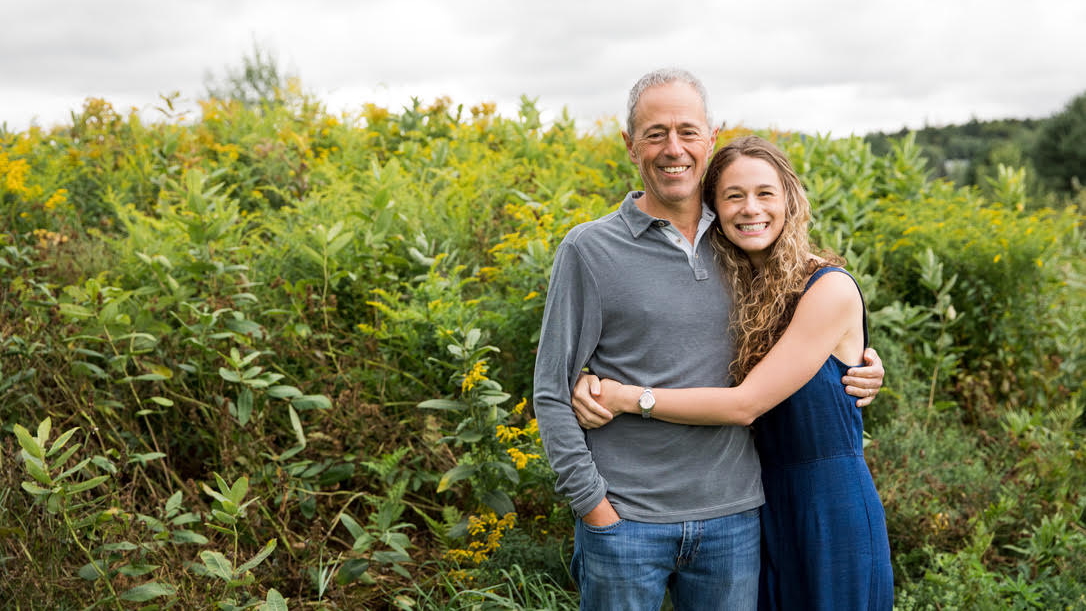
Rachael Piltch-Loeb and her dad
Rachael Piltch-Loeb, 35, is a Professor of Public Health who lives in New York with her husband and three young children. She recently wrote a book titled The Millennial Caregiver, sharing her experience of assuming a caregiving role for her father, who was diagnosed with early-onset Alzheimer’s at 58 in the same year her first son, now five, was born.
“It was one of the starkest contrasts to see the development of a child and the decline of a parent concurrently. My siblings and I took turns supporting my dad and offering respite to my mum, who was also working full time.
"We each assumed different roles based on our own personal and professional commitments. Given my career experience, I took on the research and management of care decisions.”
For Rachael, there were specific challenges in just entering the early stages of motherhood herself whilst taking on looking after a parent.
Sign up to our free daily email for the latest royal and entertainment news, interesting opinion, expert advice on styling and beauty trends, and no-nonsense guides to the health and wellness questions you want answered.
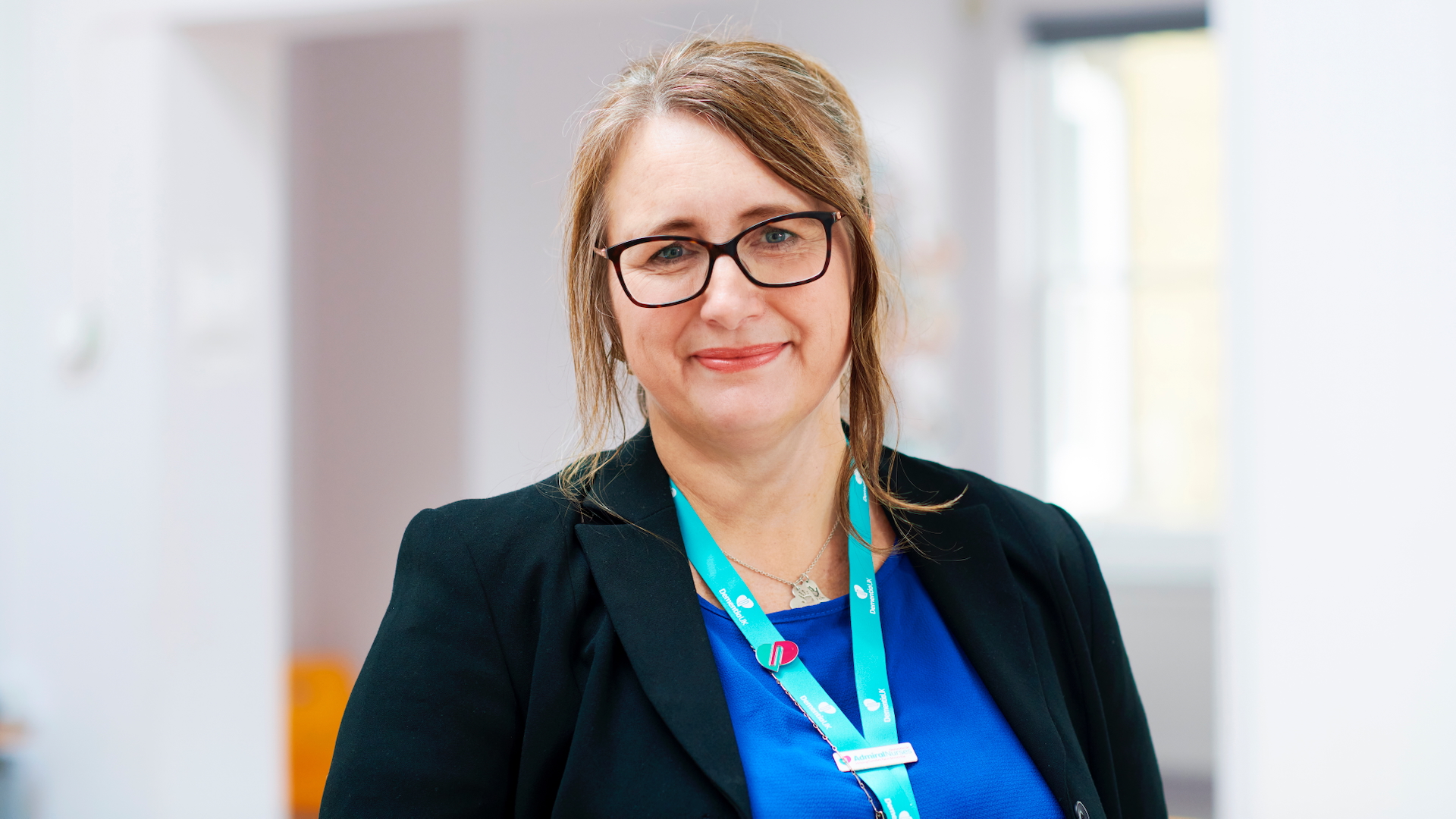
Victoria Lyons works at Dementia UK
Dementia specialist Victoria Lyons, 50, who works at Dementia UK, is currently caring for her mother-in-law as well as her children aged 12 and 15.
“Like many, I had my children later in life, so my mother-in-law is now 90. Having been a widow since 1977, she was diagnosed with dementia in lockdown and, whilst she still lives alone, we are just two minutes’ walk away.
"My husband, Andrew and I spend well over 30 hours a week with her, as well as both working. The longest we ever leave her is two to three hours.”
Sarah Gates, 49, has also taken on the role of a sandwich carer, supporting her granny, father and mother alongside looking after her teenage children for eight years.
She left her full-time lecturing job to be able to regularly visit her parents and grandmother (who lived 2.5 hours away) and still be hands-on at home with her teens.
Sarah tag-teams on visits with her brother, David, but when her father died five years ago, she turned to Age UK, which helped organise a carer for her mum.
“Mum was hugely resistant and angry about receiving any help. Her ‘PA’ was originally introduced to help her with ‘admin and typing’. Once she was accepted as a friend, her visits became part of the routine.
"Now the team can cook meals, offer personal care and take Mum to appointments and out for a coffee too. Unfortunately, this amazing service comes at a cost, so we need to sell her house to fund getting her into a home near me.”
Deeply challenging
Despite Victoria’s training as a dementia specialist, Admiral Nurse, her caregiving role at home puts significant strain on the family. She and her husband need to balance the school runs and kids’ commitments while also getting her mother-in-law to a care centre three days a week, preparing her meals and seeing to her personal care.
“It’s harder than I ever thought it would be, and we don’t always get things right," she says.
"My husband and I both try to keep a handle on our stress levels and minimise the impact on the children, but I know at times they both feel like it is ‘nanny first.’
"The experience has given the kids a greater understanding of what care means as well as an awareness of dementia.
"Spending so much time with my mother-in-law, there are moments of joy and great laughter – Nanny has a very funny sense of humour and listening to her and the boys cracking up and playing together is a real bonus.”
Look after yourself too
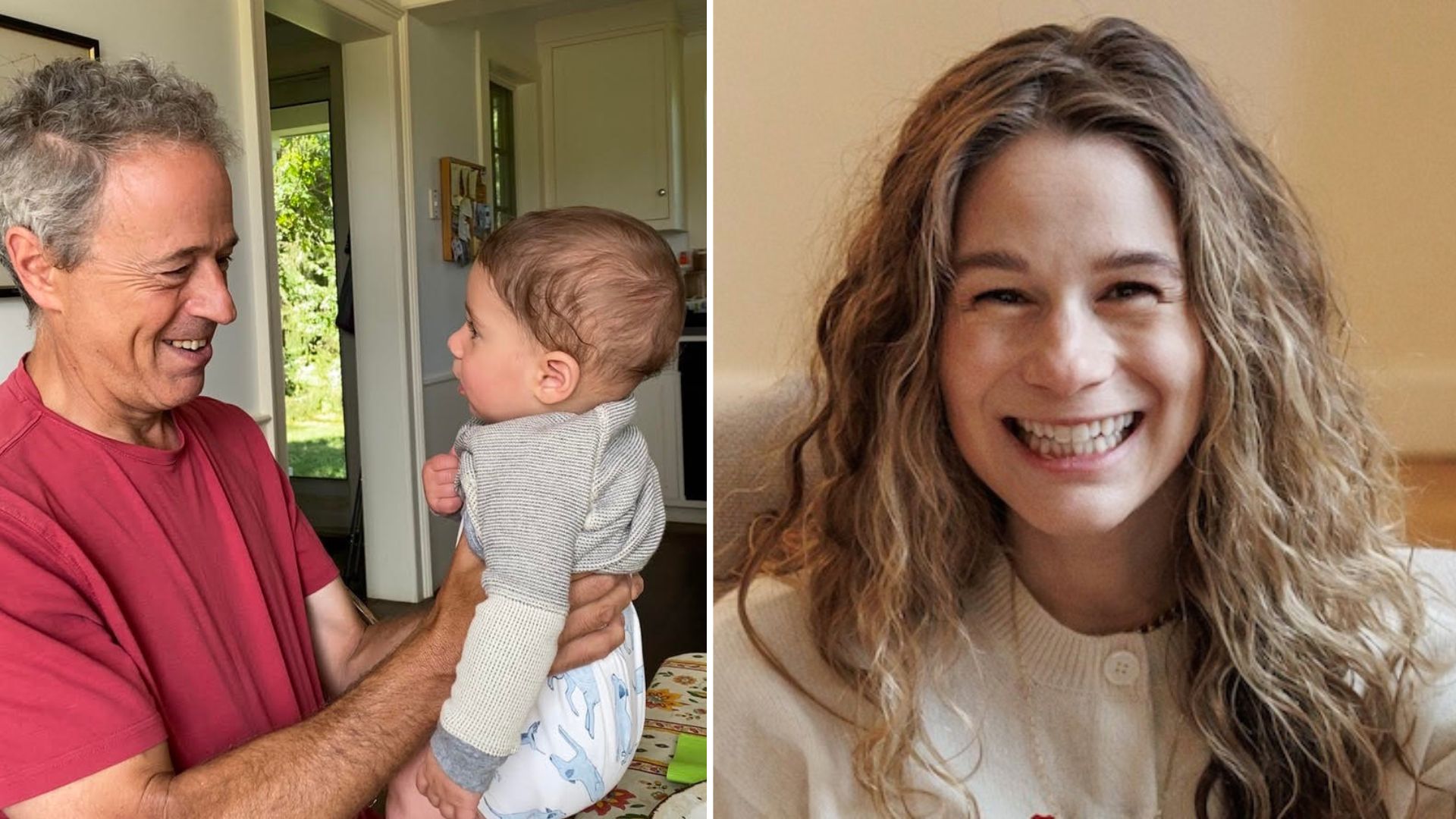
Rachael has some advice for others faced with so many life transitions – starting families, building careers, trying to afford housing, then adding caregiving into the mix suddenly.
“First, lower the bar," advises Rachael. "You’re doing two full-time, emotional jobs, so let go of the idea that you must show up 100% for everyone every day. It’s ok if some days your toddler gets screen time, and your dad gets a frozen meal.
"Second, accept help in whatever form it shows up, even if it’s imperfect. And third, protect time for yourself. You can’t pour from an empty cup – and I say that not as an inspirational quote but as a survival strategy.”
Practical advice
Victoria recommends devices such as a Ring doorbell (to prevent wandering, reduce anxiety, and provide a sense of security) and a dementia clock in addition to lots of noticeboards, pictures and signage as helpful practical steps.
Sarah found obtaining Power of Attorney (a legal document that grants a carer the authority to act on someone’s behalf in legal, health and financial matters) a vital early step.
“We obtained two types of Power of Attorney (PoA) – one for health and one for finance, which were crucial in helping us look after Mum, Dad and my Granny (who died last year).
"When it comes to health, PoA enables you to call the GP to get test results or to make decisions regarding end-of-life care when the time comes.
"With finance, it meant being able to pay bills, budget for carers, order groceries online and help get cash for Mum when she’d forgotten her PIN number.”
Getting help
“Caring for elderly parents, grandparents, and teenagers means you must expect the unexpected. Meeting everyone’s basic needs is the easier part," Sarah reflects.
"The hard part is the emotional fallout. Finding time to reassure a parent with dementia who feels lost and anxious alongside a teen who has had a horrible A-level exam and is upset and panicking is full on.
"There’s an underlying feeling of anxiety as you try to work out what’s best to support your loved ones with such different demands, but I’ve become better at delegating, getting help and asking people for advice.”
The constant balancing act of sandwich caring is highly pressurised, so seeking out guidance and help is essential. A growing network of services offers emotional support and practical input, as well as connecting communities of fellow carers and giving moments of peace amidst the pressure.
In the UK
For advice or support on caring for someone living with dementia, contact Dementia UK’s Admiral Nurse Dementia Helpline on 0800 888 6678 or helpline@dementiauk.org.
Carers UK, Action for Carers and Citizens Advice are also good sources of advice.
In the US
The Family Caregiver Alliance, the National Council on Aging, and local Area Agencies on Aging can provide help and advice on how best to support your family
Ellie juggles being Mum to a chaotic blended family of seven with working as a lifestyle and travel writer. With a Masters in Psychology, Ellie is passionate about delving into what makes people tick and bringing to life their stories. Using the real-life experience of her own ‘modern family’ and their many adventures alongside her diverse range of personal interests, she’s recently covered topics as varied as the Taylor Swift phenomena, helping kids through divorce, Living Funerals and South African Safaris. Ellie contributes to publications such as Woman&Home, Woman, Woman’s Weekly, Good Housekeeping, The Times, Red Magazine, Travel Africa and Family Traveller.
You must confirm your public display name before commenting
Please logout and then login again, you will then be prompted to enter your display name.
